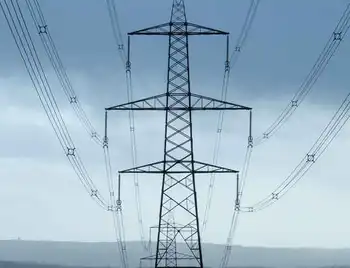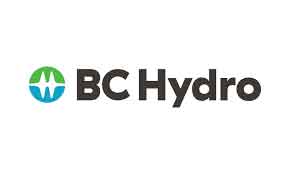Green energy subsidies need changes: panel
By CBC News
Arc Flash Training CSA Z462 - Electrical Safety Essentials
Our customized live online or in‑person group training can be delivered to your staff at your location.

- Live Online
- 6 hours Instructor-led
- Group Training Available
"I'm not sure government subsidy dollars are spent that well," Greg Payne, vice-president of portfolio management for Investeco Financial, said at a Toronto event on the future of energy in Canada.
Payne, one of four people on the panel advocated cutting subsidies for electricity that prevent consumers from recognizing when supplies are becoming scarce.
He also questioned the value of maintaining substantial subsidies to "mature" renewable energy technologies, such as wind, through programs such as the Ontario Green Energy Act. The act includes a "feed-in tariff" program announced in 2009 that guarantees a certain price for electricity generated by renewable energy projects over 20 or 40 years.
This may create jobs but is unlikely to help new technology develop, said Payne, whose firm specializes in investing the environmental economy. In addition, the wind and solar industries are mature enough that companies should be able to finance their own research and development, he said.
He suggested Canada would be better off investing in areas where the technology is still improving, such as biofuels generated from sources such as algae, unconventional sources of natural gas or in cleaning up polluting industries such as the oilsands.
Panelists were unanimous in their belief that there is a gap in the support the government provides for the commercialization and deployment of clean energy technologies that are less mature than wind or solar.
However, Gary Jarosz, vice-president of Global Emissions Systems Inc., said Ontario's feed-in tariff program has been valuable in getting solar energy deployed commercially.
"There's a huge role that government needs to play," Jarosz said.
He added that programs auch as the feed-in tariff are few and far between, and many emerging clean-energy technologies are left out of programs that encourage commercial use.
"That's where there have to be greater incentives."
He gave the example of the technology produced by his own company to reduce emissions from devices such as gas-powered lawnmowers. A single four- to five-horsepower lawnmower generates greenhouse gas emissions equivalent to those of 40 cars, he said, but there aren't yet regulations or retrofit programs to encourage users to cut emissions.
Panelists all agreed more money needs to be invested in getting new technology into the marketplace.
Steven Martin, CEO of the algae production company Pond Biofuels, said many government programs are hard to access since they require companies to secure all their other funding before applying for government money. The government seems willing to invest in innovation only if there are no risks, he said.
"To me, that's a bit of a fantasy."
Martin said the situation is made worse by a shortage of venture capital funding in Canada, and the government should be filling the gap.
Both Martin and David Foord, director of corporate development for Atlantic Hydrogen, praised some existing federal government initiatives, such as the National Research Council's Industrial Research Assistance Program, which provides technical and business advisory services. However, they said, demand far outstrips supply.
Although the panel's topic was "The Future of Energy: What Will the Transition Look Like?" the panelists were reluctant to make predictions. Payne would only say he thinks Canadians will face higher energy prices and he is interested in seeing what comes of new unconventional sources of natural gas.
Foord, whose company extracts hydrogen from natural gas using a plasma-based technology, said he thinks oil and gas will still play a big role in five to 10 years. He cautioned against favouring certain technologies over others for government funding in the near future.
"I think it would be a mistake to place our money on one sector over another," he said in an interview after the panel discussion. "You just never know where new energy ideas will come from."
The panel was organized by Cleantech in Canada, a collaboration between Deloitte, Ogilvy Renault LLP and the MaRS Discovery District, where it was held. is a non-profit centre aimed at commercializing innovations.











